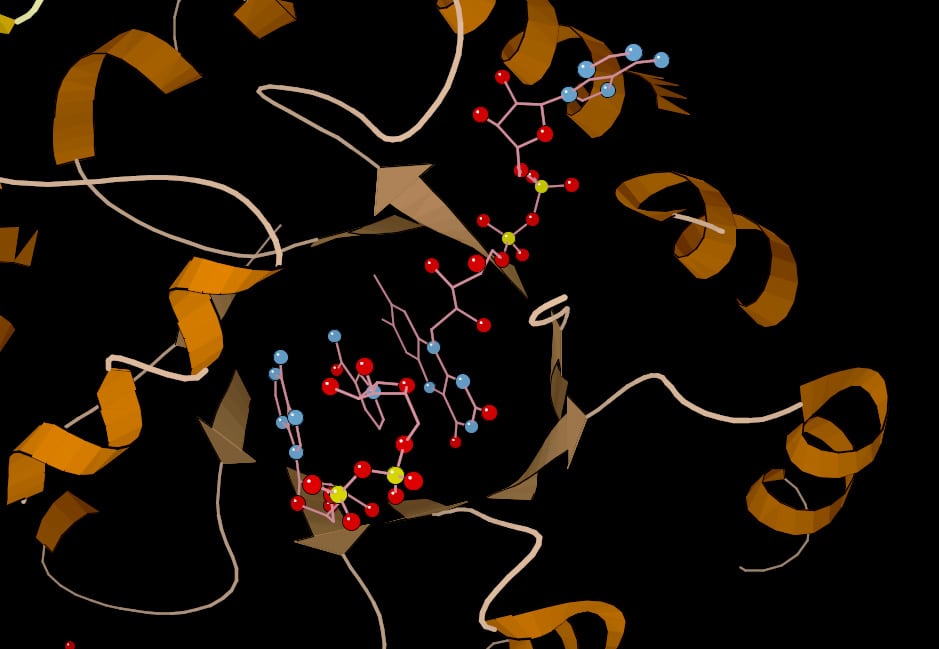MTHFR Gene Mutation Testing: Weighing the Benefits and Risks
The MTHFR gene plays a crucial role in processing folate, a B vitamin essential for various bodily functions. Mutations in this gene can affect folate metabolism, potentially leading to elevated homocysteine levels and associated health concerns. MTHFR gene mutation testing has gained attention for its potential to identify individuals at risk, but it also raises questions about its necessity and clinical utility.
Pros of MTHFR Gene Mutation Testing:
- Personalized Health Insights: Identifying MTHFR gene mutations can provide valuable insights into an individual’s folate metabolism and potential health risks. This knowledge can empower individuals to make informed decisions about diet, lifestyle, and supplementation.
- Targeted Interventions: For those with specific MTHFR variants, personalized interventions may be recommended, such as increased folate intake or specific B vitamin supplementation, to optimize health outcomes.
- Family Planning: In some cases, MTHFR gene mutation testing may be relevant for family planning, especially if there’s a family history of related conditions. Understanding genetic risks can guide decisions about prenatal care and interventions.
Cons of MTHFR Gene Mutation Testing:
- Limited Clinical Utility: While MTHFR mutations are associated with elevated homocysteine levels, the direct link to specific health conditions remains unclear. Research is ongoing, and the clinical significance of many MTHFR variants is still debated.
- Potential for Misinterpretation: MTHFR gene mutation testing results can be complex and easily misinterpreted. Misunderstanding the results can lead to unnecessary anxiety, inappropriate interventions, or a false sense of security.
- Unnecessary Testing: Many health organizations do not recommend routine MTHFR testing for the general population due to the lack of definitive clinical guidelines and the potential for unnecessary medicalization.
- Cost and Access: MTHFR gene mutation testing may not be covered by insurance and can be costly. Limited access to genetic counseling can also hinder informed decision-making about testing and result interpretation.
Evidenced-Based Considerations:
- Conflicting Research: Studies on the clinical significance of MTHFR gene mutations have yielded conflicting results. Some research suggests associations with cardiovascular disease, pregnancy complications, and psychiatric conditions, while other studies find no significant links.
- Focus on Homocysteine Levels: Measuring homocysteine levels is often a more reliable indicator of potential health risks than MTHFR gene mutation testing alone. Homocysteine testing is readily available and relatively inexpensive.
- Personalized Medicine: MTHFR gene mutation testing may be more relevant for individuals with a personal or family history of specific conditions potentially linked to folate metabolism.
Conclusion:
MTHFR gene mutation testing can provide valuable insights, but its clinical utility and necessity remain debated. The decision to undergo testing should be made in consultation with a healthcare professional or genetic counselor, considering individual health history, family history, and potential risks and benefits. Focusing on maintaining healthy homocysteine levels through a balanced diet and lifestyle remains crucial for overall health and well-being.




